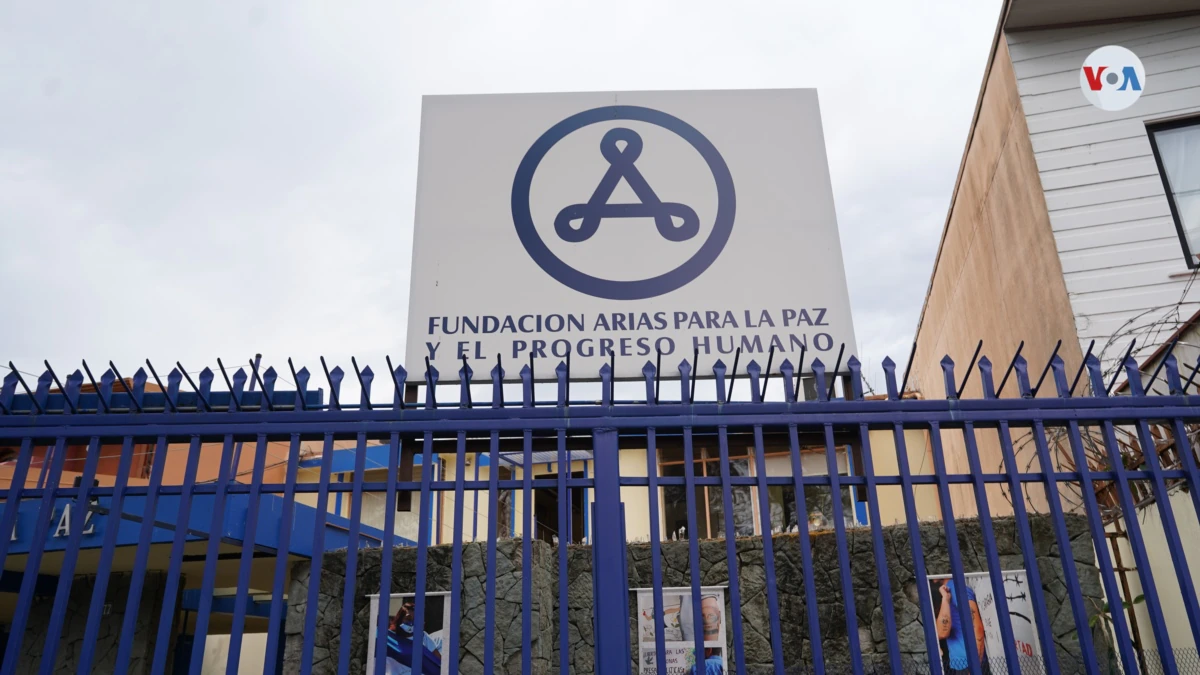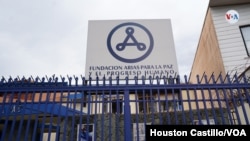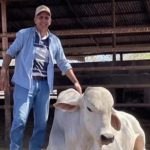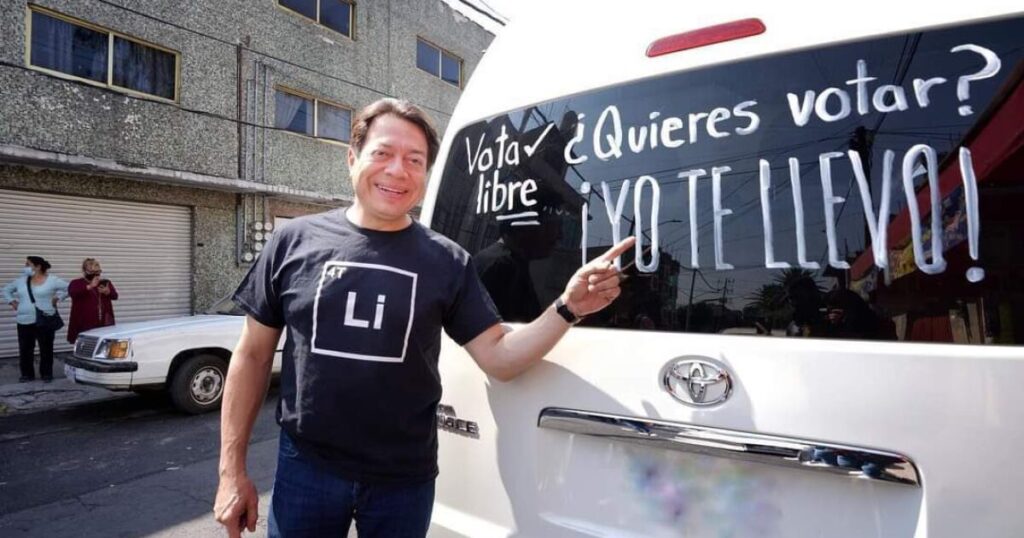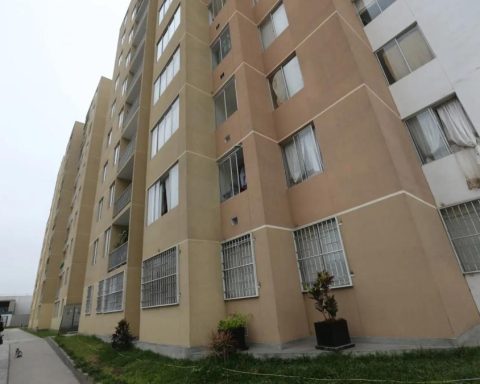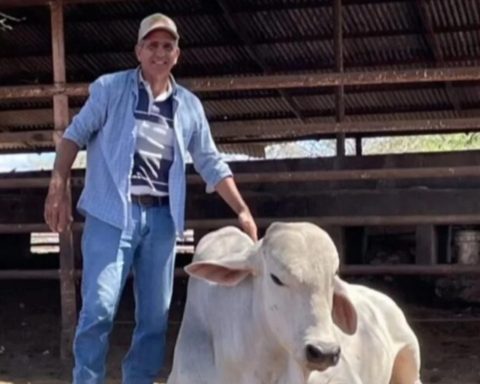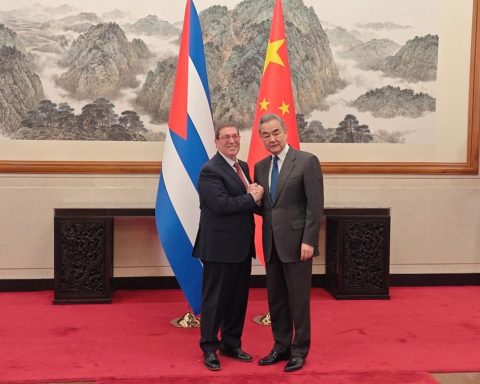The first thing he asked himself Former Costa Rican President Óscar Arias When receiving the Nobel Peace Prize in 1987, was what he would do with the economic remuneration that would be granted to him at that time.
Surprised by the nomination and the subsequent award for his role in the peace processes in the armed conflicts that existed in Central America in the 1980s, Arias finally made the decision to create a foundation with his name a year later.
The Arias Foundation for Peace and Human Progress was formed, according to the former president, in order to work in Latin America and Central America for the “consolidation of just, peaceful and equitable societies.”
Arias points out that the foundation throughout its creation “has been modest,” but affirms that it has still worked on many projects in the region.
Suzzane Fischel, president of the organization, highlights that after the 2018 crisis in Nicaragua, they were forced to assume an even more active role with respect to the population “Nica in the face of the emergency that was experienced.”
“When we saw that a large number of young people and women were arriving, we made the decision to start working with them, we thought about how important it was to open spaces with them and make them feel safe,” he told the press. Voice of America.
That is to say, 31 years after the award for which the Foundation was created, again Arias through the organization sought to build bridges that would generate “peace and solve in a certain way the crisis that Nicaragua is experiencing.”
“Now that Nicaragua has become a dictatorship of Daniel Ortega and his wife (Rosario Murillo), all the more reason we are possibly receiving Nicaraguans every day in large numbers. I have no doubt that we have a very porous border, some will be legal immigrants, others illegal, and then, whatever the foundation can do to help them, especially young people, I am very pleased,” says the president via phone to the VOA.
Aritz Báez, an exiled Nicaraguan student in Costa Rica since October 2021, he highlights the Foundation’s legacy a lot and says it has been very important to him because “it represents support, especially in immigration advice for refugees.”
In his case, he points out that from the training spaces that the organization has, it has created in him “a positive effect because the people who participate, learn and acquire tools to have correct attitudes in various spaces”.
For his part, former President Arias mentions that, although he feels sad “because of what has happened in Nicaragua” and “how Ortega regressed,” he believes that the role of the organization today more than ever is fundamental.
“Democracy is over in Nicaragua and that, as a Costa Rican, causes me enormous pain because, when we drafted the Peace Plan, the leitmotif (central reason) of my peace plan was that democracy was a fundamental requirement for a lasting peace and, well, we held elections in 1990. Doña Violeta won them and all that process that began has been reversed and today, unfortunately, what we have in Nicaragua is an atrocious dictatorship. That causes me immense pain,” says Arias.
“Unfortunately, what we have in Nicaragua is an atrocious dictatorship” – Former President of Costa Rica Óscar Arias
A Nicaraguan passionate about her work at the Foundation
Claudia Vargas defines herself as an “intense” person when carrying out her work and even obsessive with some things, especially with what she likes and in fact she is one of the most notable people in the Arias Foundation where she works especially with Nicaraguan issues. where exactly she is from.
In fact, she is present in almost all the events of young exiles in San José, Costa Rica, and her work is remarkable, say those who collaborate with her.
In Nicaragua, Vargas had a business related to art and creativity and he believes that precisely this was a strength to lead the area where he is today.
“Now I am not doing that type of art but I am creative and I look for ways to do activities that are striking, that apart from having an educational or academic component, also have a distraction component, going out, looking for places, creating programs or do things that are not done locked up, that are different, ”says the Nicaraguan.
The Foundation also constantly holds workshops to raise awareness among young people on issues related to the culture of peace, but also at times it has gone further by delivering humanitarian aid, says Claudia Vargas, as happened in July 2020, when a crisis occurred. at the Nicaraguan border by COVID-19.
At that time, the Arias Foundation formed a consortium to pay for COVID-19 tests for dozens of Nicaraguans who were stranded on the border between the two countries after the Daniel Ortega administration demanded a negative test.
“The Arias Foundation did not have the expertise, nor was it dedicated to humanitarian aid, but later we got into it little by little. From deliveries of food packages, financial aid, even in the COVID-19 crisis, the Foundation formed a consortium to pay for the required tests,” concluded Vargas.
Connect with the Voice of America! Subscribe to our channel Youtube and turn on notifications, or follow us on social media: Facebook, Twitter and Instagram
